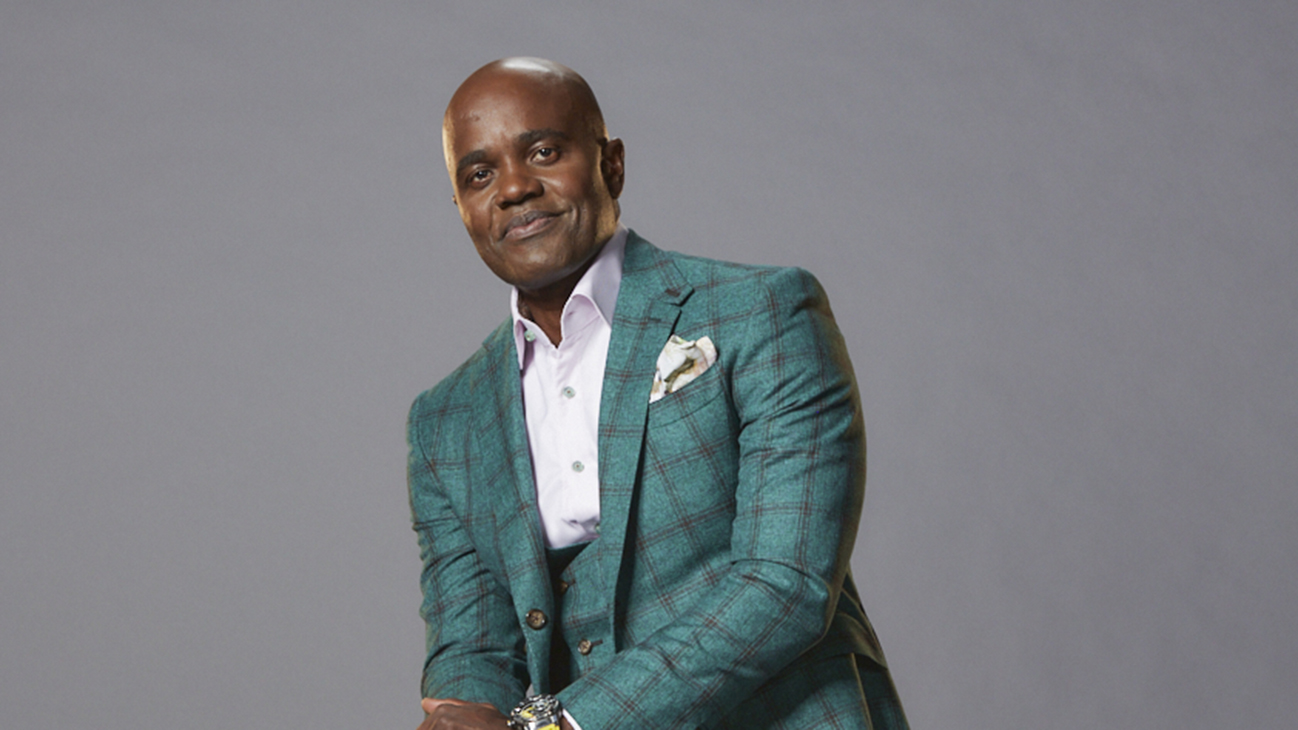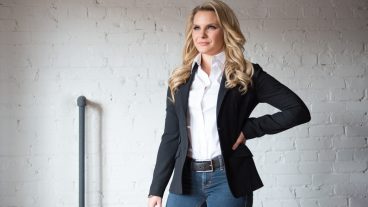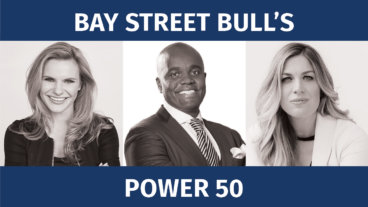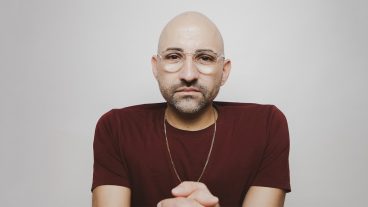Wes Hall’s path to success has been hard-won. Before he became the king of Bay Street — and the newest and first Black dragon on Dragons’ Den — he was one of 13 siblings living in a tin shack in Jamaica with his grandmother.
After moving to Canada at age 16, Wes worked as a cleaner and a chicken catcher before landing a position in a law-firm mailroom. Well aware of the many roadblocks in his path — including racism, injustice, and a lack of privilege — Wes kept pushing until he made it to the boardrooms of Bay Street.
Inspired by the racial tension that plagued his own career, Wes founded BlackNorth Initiative in June 2020 to dismantle anti-racism in corporate world and pave a path forward for future generations of Black leaders. He brings the same attitude to CBC’s Dragons’ Den, where his aims to create more opportunities for BIPOC entrepreneurs.
With the release of his new book, No Bootstraps When You’re Barefoot, and the premiere of season 17 of Dragons’ Den, which marks Wes’ second season in the Den, Wes spoke with Maclean’s magazine to discuss his reflect on his success, his hope for corporate Canada, and the fortitude that guides him through it all.
Maclean’s: You’ve said that Bootstraps isn’t supposed to be like other typical how-I-made-it, instruction-manual memoirs. How so?
Wes Hall: When you read those kinds of books, it’s like, “Okay, here’s the step-by-step.” There’s nothing in my book that specifically shows readers how I became successful; it’s about the struggles I went through. The things I experienced as a child defined the person that I became: the father, the husband, the philanthropist and the businessperson. Without those experiences, would I have started BlackNorth, an organization that helps other underserved people? Would I have been a good dad? Even though those times were painful, I learned some important lessons from them. The book is about taking chances and never feeling sorry for yourself.
Maclean’s: When did you realize you had made it?
WH: When I was making Wes, the 2016 documentary about my life, and when I was writing this book. I saw all the pieces of my life put together and went, Man, this shouldn’t have happened to me. I shouldn’t be here.
Maclean’s: How have your life experiences shaped the way you approach contestants on Dragon’s Den — particularly Black contestants?
WH: If all the Dragons look the same, they’re not worrying about diversity. But once the Dragons look different from each other, people start to think that maybe the people in front of the panel should be just as diverse. I’ve supported a number of BIPOC entrepreneurs, even outside of the show. One is a company called BIPOC Executive Search, which develops leadership in communities of colour.
Maclean’s: Kevin O’Leary was the adversarial pot-stirrer on the show. What’s your Dragon schtick?
WH: My thing is to support the underserved — entrepreneurs who go to the traditional funding avenues to get capital and are essentially laughed out of the joint. A lot of the Dragons say to the contestants, “You’re not an entrepreneur.” If you have the guts to start a business, you may not be as successful as someone else, but you are an entrepreneur. I’m not a mean Dragon.
Maclean’s: How have the racial dynamics of Bay Street changed since you started frequenting big boardrooms?
WH: Change is very slow. I’ve been on Bay Street for 30 years, and I think that people now might not get the kind of opportunity I got way back then.
Maclean’s: It’s hard to believe that things are somehow worse.
WH: Companies are now looking at resumés very, very closely, and saying, “Well, they went to this school, and they have these relationships and connections.” We’ve regressed a little bit. For Black entrepreneurs, there’s still a lack of confidence among investors that we’re capable of building businesses. When I started Kingsdale, I couldn’t get anyone to get back to me, and the same attitude exists in the executive suites today. A lot of people just don’t want to bet on us.
Maclean’s: You’ve talked about the fact that Canadian companies typically don’t collect race-based data. Why is that a problem?
WH: A lot of companies say, “We’re not going to collect it, because we don’t want it to look like we’re discriminating against somebody.” But if you don’t know the makeup of your organization, how else are you going to know whether you’ve made progress? If, as a business owner, I’m saying I would like to have a diverse organization, why wouldn’t I want to collect statistics that will help me increase that diversity?
Maclean’s: Has the Great Resignation reached Bay Street? Are people seeking more balance?
WH: I see it, but I don’t really think it has the same impact on Black and Indigenous people. If they finally get hired into the C-suite, they’re unlikely to go to their bosses and demand that they be allowed to work from home. People of colour could really take advantage of this dislocation in the workforce by not making the same demands as people of privilege — people who take their access to jobs for granted.
Wes Hall is one of the most influential businesspeople in Canada. Ranked number 16 on Maclean’s 2021 Power List, he channels his drive, passion, and commitment to offer audiences inspiring and actionable business strategies while empowering them to enact real change.
Contact us to learn more about Wes and what he can bring to your next event as dynamic keynote speaker.




